‘Suspension of media outlets goes against press freedom’: Sudan journalists
The suspension of four Sudanese media outlets on Tuesday constitutes “a violation of the freedom of expression”, the Journalists Association for Human Rights (JAHR) says.
On Tuesday, the Anti-Corruption Committee suspended Elshorooq and Teiba TV satellite channels, and El Sudani and El Ray El Aam newspapers until the owning companies have been investigated.
 Journalists Radio and Television Corporation protest against department heads appointed by Al Bashir regime, Nov. 28, 2019 (RD)
Journalists Radio and Television Corporation protest against department heads appointed by Al Bashir regime, Nov. 28, 2019 (RD)
The suspension of four Sudanese media outlets on Tuesday constitutes “a violation of the freedom of expression”, the Journalists Association for Human Rights (JAHR) says.
Earlier this week, the Anti-Corruption Committee suspended Ashorooq and Teiba TV satellite channels, and El Sudani and El Ray El Aam newspapers until the owning companies have been investigated.
“These institutions were financed from state funds and we want to return the money of the Sudanese people”, Mohamed El Faki, member of the Sovereign Council and acting chairman of the committee told reporters in Khartoum on Tuesday. He stressed that the decision will not affect the staff of the media outlets.
The Committee for the Restoration of the Journalists Union responded by saying that it understands the context in which the decision was issued, and requested the committee to consider the rights of journalists working in the suspended institutions.
The Journalists Association for Human Rights (JAHR) however, considers “the policies of banning, arrests, and administrative prohibitions” as “inconsistent with the calls of the revolution for freedom and justice.
“The imposition of such measures against press institutions impedes the freedom of the press, the freedom of expression, and the Rule of Law,” JAHR said in a statement on Wednesday.
The Association called for the supervision of the judiciary concerning all matters and decisions related to press freedom and the freedom of expression.
“In case of specific charges against media and press institutions, the matter should be immediately referred to the judiciary,”
JAHR demanded “the removal of the effects of the empowerment policies by a natural, fair, and independent judiciary”, and called on the authorities to abide by the Constitutional Document, “to ensure press freedom and the freedom of expression”.
Radio Dabanga’s editorial independence means that we can continue to provide factual updates about political developments to Sudanese and international actors, educate people about how to avoid outbreaks of infectious diseases, and provide a window to the world for those in all corners of Sudan. Support Radio Dabanga for as little as €2.50, the equivalent of a cup of coffee.









 and then
and then